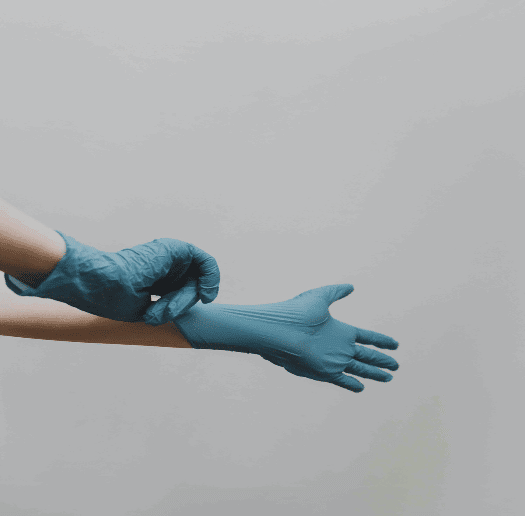If you have an elderly loved one in an Ohio nursing home, or if you currently live in a nursing home in Ohio, you are sadly aware of the increased risk of COVID-19 exposure, illness and death. Residents in nursing homes that have not taken appropriate infection-control precautions, are particularly at risk.
Many nursing homes in Ohio and across the country have seen spikes in COVID-19 cases, resulting in a disproportionate number of deaths. In the early weeks and months of the pandemic, state legislators in Ohio and elsewhere discussed passing legislation that would make it more difficult, or even impossible, to file negligence and abuse lawsuits against nursing homes where patients contracted and died of COVID-19. In Ohio, this legislation has now been signed into law.
In September, 2020, Governor Mike DeWine signed Ohio House Bill 606, which grants immunity from civil lawsuits for COVID-19 exposure and transmission of infection, and grants limited immunity to certain healthcare providers. The law is set to become effective on December 13, 2020 and by its own terms will be retroactive all the way back to when Governor DeWine declared an emergency on March 9, 2020. It will extend through September 30, 2021.
The immunity law shields anyone for liability for negligent transmission of the COVID-19 virus, however, it bestows a much broader shield to Nursing Homes and other medical providers. Nursing Homes are granted immunity not just for transmission of the virus but for all negligently caused injuries that arise because of the Pandemic. We are aware that Nursing Homes are claiming that they are understaffed and overwhelmed because of the pandemic and are therefore claiming complete immunity.
Still, if actions of the nursing home staff can be shown to constitute a reckless disregard of the consequences so as to affect the life or health of the patient, the immunity provision will not protect them from liability. If your loved one has been injured during this period or has contracted COVID-19 in an Ohio nursing home due it is critical to understand how this new law could impact you and your nursing home negligence lawsuit.
Overcoming the Nursing Home Immunity Shield
The newly passed legislation prohibits a person from bringing a nursing home negligence lawsuit against a nursing home, if the lawsuit is related to a nursing home resident’s injury or death that arises from the current emergency situation or resulted from exposure to COVID-19. As such, the law makes it far more difficult for nursing home residents or their families, to file a negligence claim against a nursing home.
There are, however, exceptions in the recent legislation. A nursing home is not immune from lawsuits if an elderly resident’s injury, death or contraction of COVID-19 resulted from:
- The facility’s actions were conducted with reckless disregard;
- The facility’s actions were conducted by intentional misconduct; or
- If the facility behaved in a manner that was so grossly negligent it rose to the level of willful or wanton misconduct.
There are statutory and legal definitions for each level of conduct that acts as an exception to the immunity provision. Serious cases should be investigated and reviewed by a Nursing Home Lawyer to determine whether a claim may proceed.
Contact an Ohio Nursing Home Abuse Attorney
If you have questions about the immunity bill as it relates to nursing home abuse or neglect claims, our highly experienced Ohio nursing home negligence lawyer can speak with you about your case. Contact Dworken & Bernstein today.







